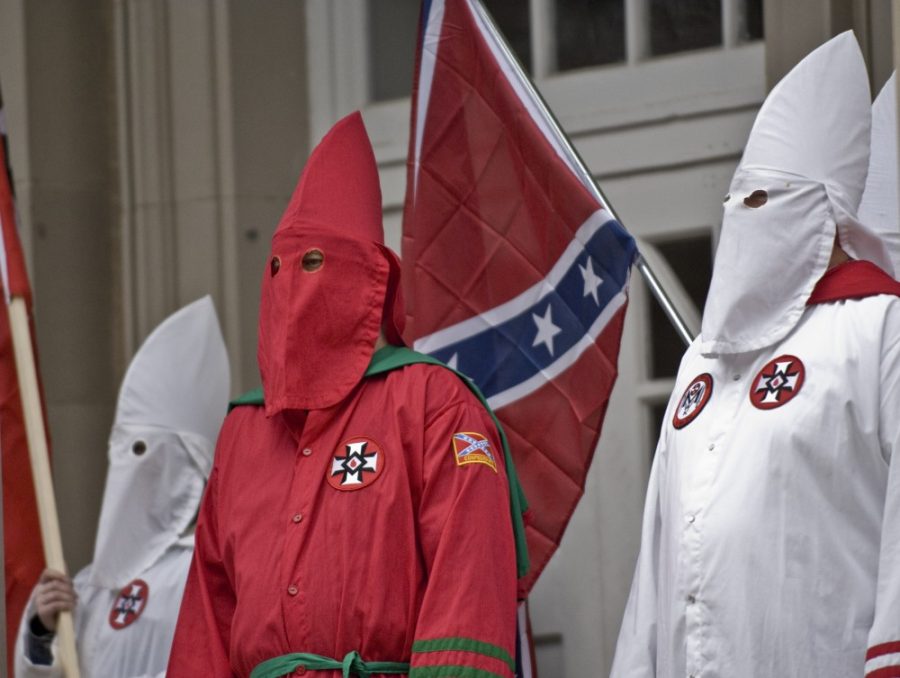With the presidential election rolling into its final stretch after what feels like years, the candidates have cemented their public image. A large part of a candidate’s image is the endorsements the candidate receives from various groups, but what happens if a politician receives an endorsement from an unsavory group? Do they have an obligation to reject the endorsement?
This presidential election has been particularly gruesome, with a new personal attack springing up on what seems to be a daily basis. While both sides are guilty of this, one particularly successful form of rhetoric on behalf of the Clinton campaign is to paint Trump as a racist or a bigot.
It’s no secret that Trump has pulled in supporters with radical ideas about race and nationalism. Supporters such as David Duke and Matthew Heimbach point to a trend of Trump resonating with white nationalists—also known as the alt-right.
RELATED: Dull dads debate dangerously in Tuesday’s vice presidential showdown
While Trump has gone on to eventually disavow endorsements from various groups commonly considered hate groups, many analysts believe he was slow and reluctant to do so.
The Clinton campaign has been quick to point to these endorsements as a representation of a very evil core in Trump’s character. The Clinton campaign has even gone so far as to bring poor Pepe the Frog into the political fray. I don’t believe that these endorsements are actually as problematic as they may appear.
Ultimately, the alt-right has a political agenda they seek to advocate, and while the superiority of the white race, an end to all Muslim immigration and extreme segregation of the races are all evil, terrible goals for our country, the alt-right takes rational steps to see them through.
Despite what someone on the internet may have told you—yes, I do recognize the irony that a large number of this paper’s readers are digital—Trump does not advocate for the superiority of the white race. It’s true that he is against affirmative action and has not embraced political movements such as Black Lives Matter, but this does not make him a member of the alt-right; rather, Trump is a conservative with radical—but not evil—views.
RELATED: Hillary’s fight for paid family leave
By endorsing Trump, the alt-right is not recognizing Trump as one of their own. Instead, they are simply acknowledging that their goals will be more easily met in the future if Trump were to become president than if Hillary were to become president.
Trump has come under fire this election for his slow response to reject alt-right endorsements. In a national election such as this one, every move is considered well in advance to anticipate every possible outcome. The slowness of the Trump campaign to reject these votes did not stem from a secret agenda to support these groups; instead, it came from the methodical methods of campaign managers. While Trump is known to “shoot from the hip,” he still must be subjected to the cautionary techniques used in a national election.
While the character of a political candidate can be an important metric in an election, the endorsements a candidate receives are not necessarily a reflection of that character, and could instead just be a reflection of the political brinksmanship our national election system requires.
Follow Jackson Morrison on Twitter.









